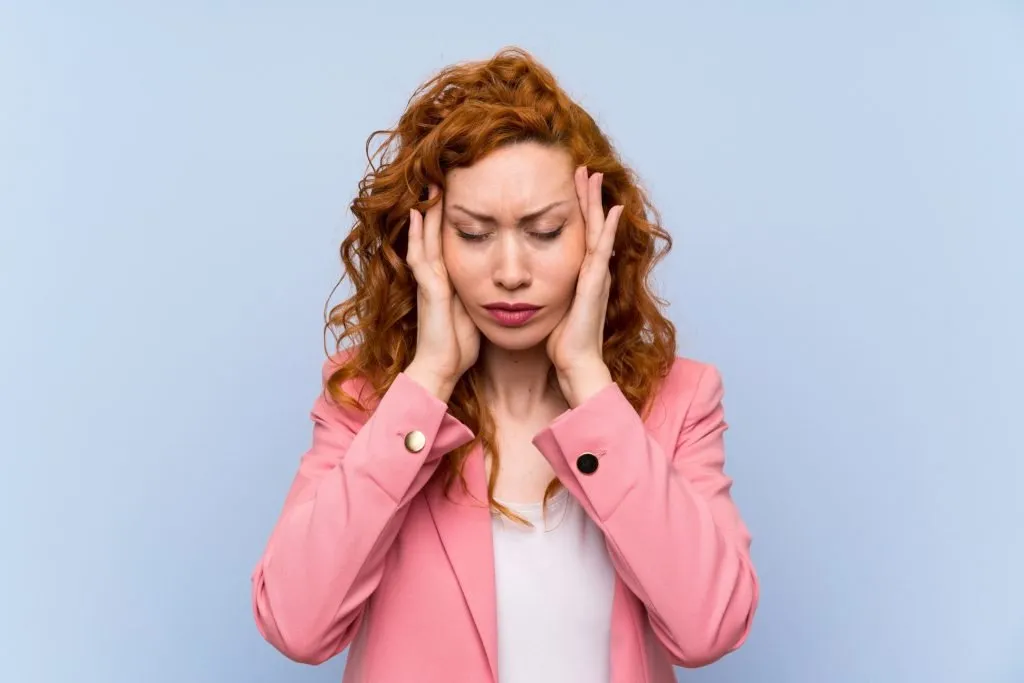
Anxiety is a common experience, but for some, it becomes a persistent condition that does not respond to conventional treatments. This is known as treatment-resistant anxiety. Understanding this condition is the first step toward finding effective management strategies. Here is more information on anxiety, including its causes, symptoms, and advanced therapeutic options:
What Is Anxiety?
Anxiety is the body’s natural response to stress, characterized by feelings of fear or apprehension about what’s to come. When these feelings are excessive, persistent, and interfere with daily life, an anxiety disorder may be present. Treatment-resistant anxiety occurs when standard therapies, such as medication and psychotherapy, do not provide adequate relief from these symptoms.
This form of anxiety requires a more specialized approach to diagnosis and treatment. Individuals may have tried multiple medications or therapeutic modalities without experiencing significant improvement in their condition. Identifying the condition as treatment-resistant is a valuable step in a patient’s journey, as it opens the door to exploring alternative and advanced treatments.
What Causes It?
The specific causes of treatment-resistant anxiety can be multifaceted and vary between individuals. Genetic predispositions potentially play a role, making some people more susceptible to developing mental health disorders that are difficult to treat. Biological factors, such as imbalances in brain chemistry and neurological pathways, also contribute to the persistence of symptoms.
Co-occurring medical or psychiatric conditions can complicate treatment. Chronic pain, substance use disorders, or other mental health conditions like depression may interact with anxiety, making it less responsive to standard care. A thorough evaluation is necessary to identify all contributing factors.
What Are the Symptoms?
Symptoms of treatment-resistant anxiety are similar to those of general anxiety disorders but are more persistent and severe. These include persistent worry, restlessness, and difficulty concentrating. Physical symptoms, such as a rapid heartbeat, shortness of breath, and gastrointestinal issues, are also common. The defining characteristic is the lack of response to initial treatments.
How Is Daily Functioning Affected?
Living with untreated or poorly managed anxiety can significantly impact daily functioning. Professional and academic performance may decline due to difficulty concentrating and persistent worry. Relationships with family and friends can become strained, as the condition may lead to social withdrawal and irritability.
Simple daily tasks may become overwhelming challenges. The effort required to manage intense and constant anxiety can lead to fatigue and a reduced capacity to engage in enjoyable activities. This decline in quality of life underscores the need for effective treatment.
What Are the Treatment Options?
For individuals with treatment-resistant anxiety, several advanced treatment options are available. These include:
- Transcranial Magnetic Stimulation (TMS): TMS is a non-invasive procedure that uses magnetic fields to stimulate nerve cells in the brain. It is used to improve symptoms by targeting specific brain regions involved in mood regulation.
- IV Ketamine Therapy: This treatment involves the intravenous administration of ketamine under medical supervision. Ketamine works on different neural pathways than traditional antidepressants and can provide rapid relief from severe symptoms.
- Prism: Prism is another treatment option that may be utilized as part of a comprehensive treatment plan. It used a computer simulation to help patients control their symptoms.
A healthcare professional can determine the most suitable approach based on an individual’s specific circumstances.
Seek Professional Help Today
Living with treatment-resistant anxiety presents many challenges, but there are effective, advanced treatments available that can provide relief. Understanding the nature of the condition, its symptoms, and its impact on daily life is a beneficial first step. If you are struggling with anxiety that has not responded to traditional therapies, consult with a specialist to discuss these advanced treatment options.




